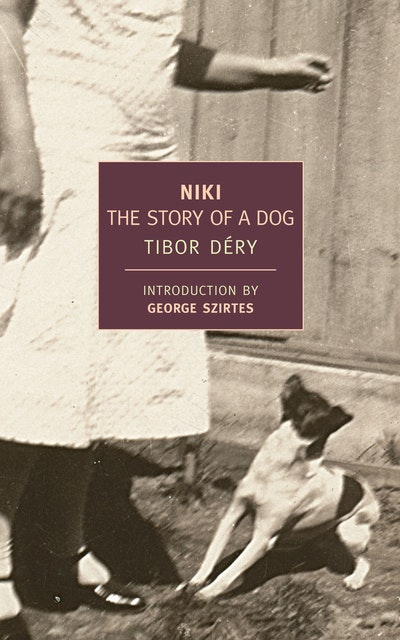- Published: 15 February 2010
- ISBN: 9781590173183
- Imprint: NY Review Books
- Format: Paperback
- Pages: 144
- RRP: $32.99
Niki
The Story of a Dog
Buy from…
- Published: 15 February 2010
- ISBN: 9781590173183
- Imprint: NY Review Books
- Format: Paperback
- Pages: 144
- RRP: $32.99
"The greatest depicter of human beings of our time." --Georg Lukács "Déry was a dissenter, a subversive revolutionary...one of the greatest stylists in the history of Hungarian literature." --Péter Nádas "Niki is a masterpiece, like Of Mice and Men, of the presentation of 'Man's inhumanity to man." --Richard Church "One of the most prominent writers in Hungary." --NY Times "In Niki there is nothing mawkish: one's heart is truly touched. By centering his seemingly artless story on the figure of a dog--that humblest, most poignant, and tenacious symbol of devotion, of the need to be attached--Tibor Déry has done more than present a contemporary political and human tragedy; he has illumined what might be called canine situation under the aspect of eternity." --Rosamond Lehmann "The strains of making fiction under...pressure show everywhere in Niki: it's a tiny story, but told, for all it's simplicity, with a strange effect of density, as if it is compressed under a great weight." --Cambridge Quarterly "...a tender allegory of the years of postwar repression in Hungary." --Observer

